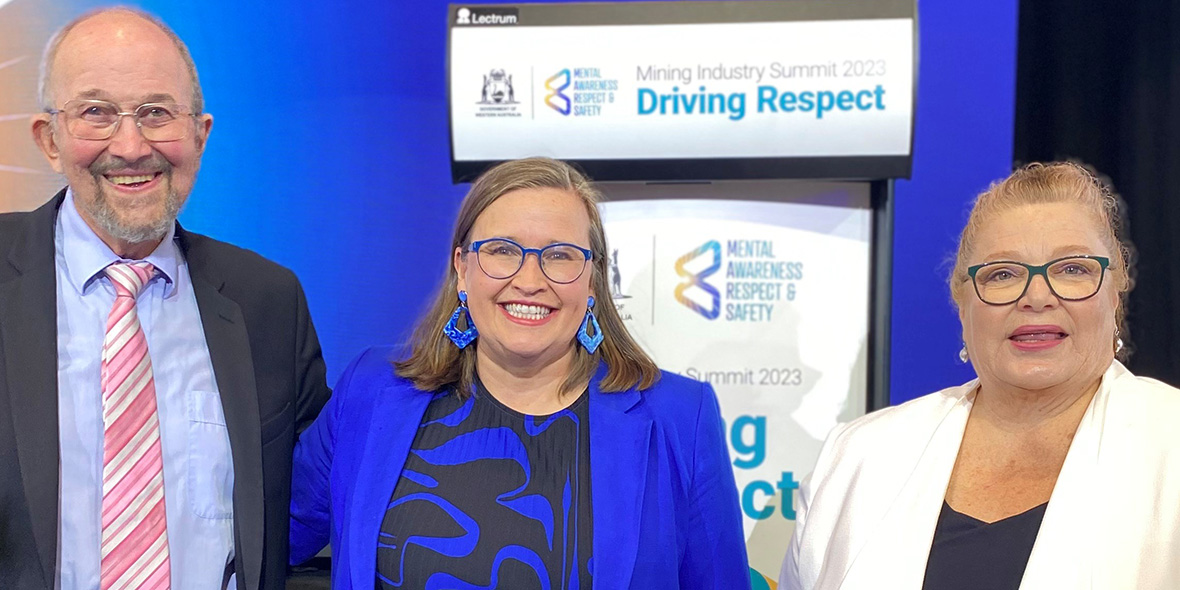
Commissioner Dr John Byrne with former Federal Sex Discrimination Commissioner Kate Jenkins who has done extensive work in tackling sexual harassment in the workplace and Minister for Women's Interests Hon Sue Ellery MLC
In the 2022-23 reporting year the Commission received 31 complaints of sexual harassment in employment, 24 of those were from women.
In the complaints received, women told of constant sexualised comments, supervisors trying to kiss them at work functions and receiving a sexualised Secret Santa gift from a colleague. Male complainants raised similar issues.
The alleged harassers were predominantly males.
Outcomes of complaints vary. Some resolved with monetary payments to the complainant of up to $52,000, others were resolved when the complainant withdrew the complaint.
However, a common thread in the allegations was that employers responded poorly to the issues raised with them by employees.
Complainants mentioned unsatisfactory investigations, employers not taking all reasonable steps to stop the harassing behaviour after the issue was raised, being ignored, and in some cases being bullied for raising the issue.
Many complainants stated they felt so unsafe they had to leave their place of employment.
Under the federal Sex Discrimination Act 1984 organisations and businesses now have a positive duty to eliminate, as far as possible, sexual and sex-based harassment in connection with work, conduct creating a hostile workplace environment on the ground of sex, workplace discrimination on the ground of sex and related acts of victimisation.
Positive duty means businesses and organisations are not only required to take reports of sexual harassment seriously, but they are also required to take all reasonable steps to prevent it from happening in the first place.
Staff need to be aware how their behaviour may be perceived. Buying a colleague, a sexualised Secret Santa present for a workplace Christmas function may be funny to the person giving the gift, but if the person receiving, or those watching, feel uncomfortable then it is offensive, rather than funny - it defeats the purpose of the joke, and any team building value of organising a Secret Santa.
Holding staff training sessions where these issues can be discussed in an open, safe, and educative environment can assist workplaces to gain a better understanding of how behaviours might be perceived, regardless of how they were intended.
Such sessions can also assist in preventing more serious behaviours from developing and creating workplace cultures where employees feel not only uncomfortable, but unsafe.
If a staff member has left an organisation because they feel unsafe, chances are there are others who feel unsafe in that workplace.
An employer who wants to benefit from employees being able to work to their full potential will give priority to creating a safe working environment where staff can focus clearly on their roles and workplace goals instead of avoiding predatory colleagues.


